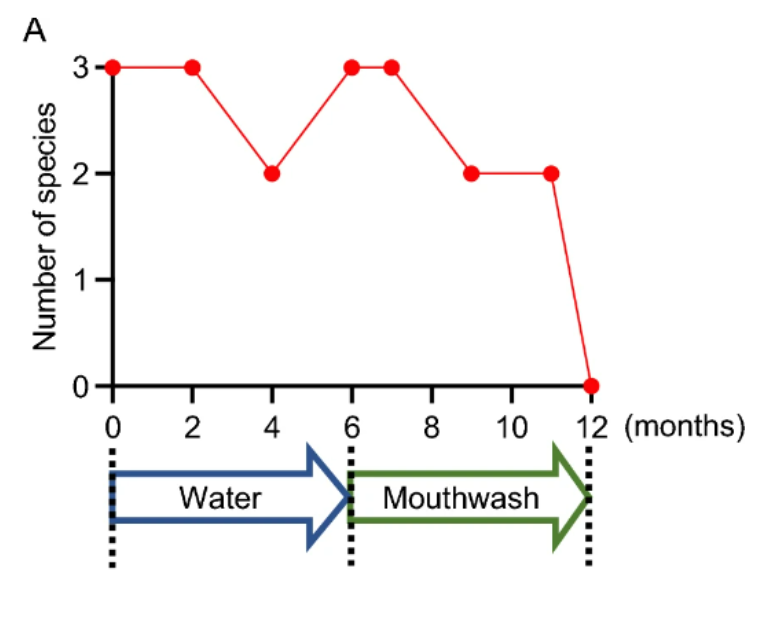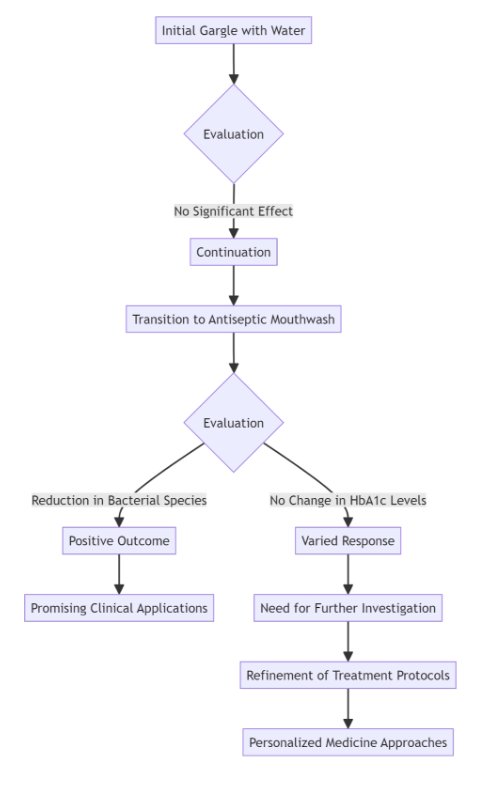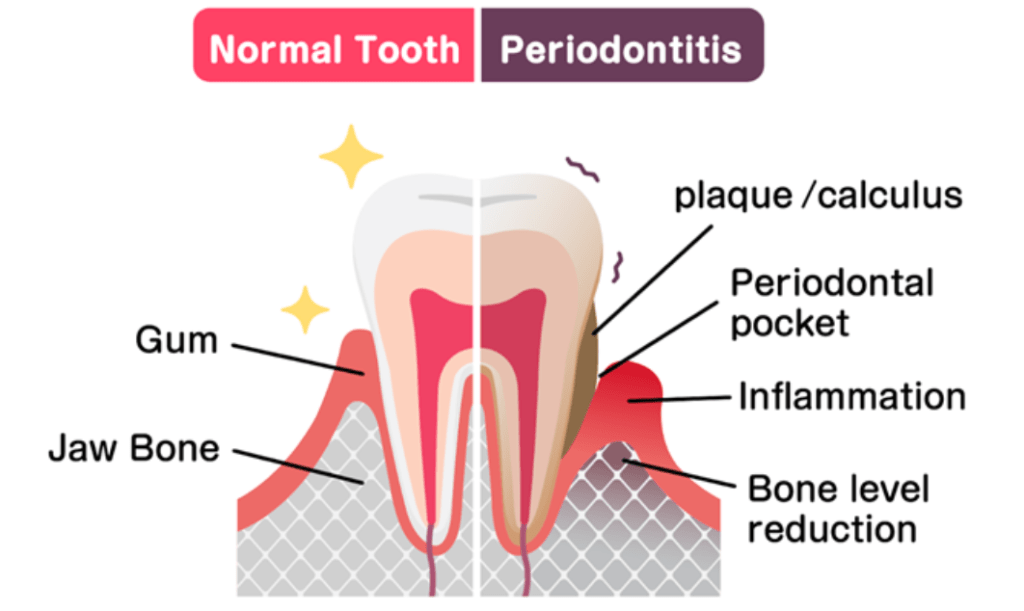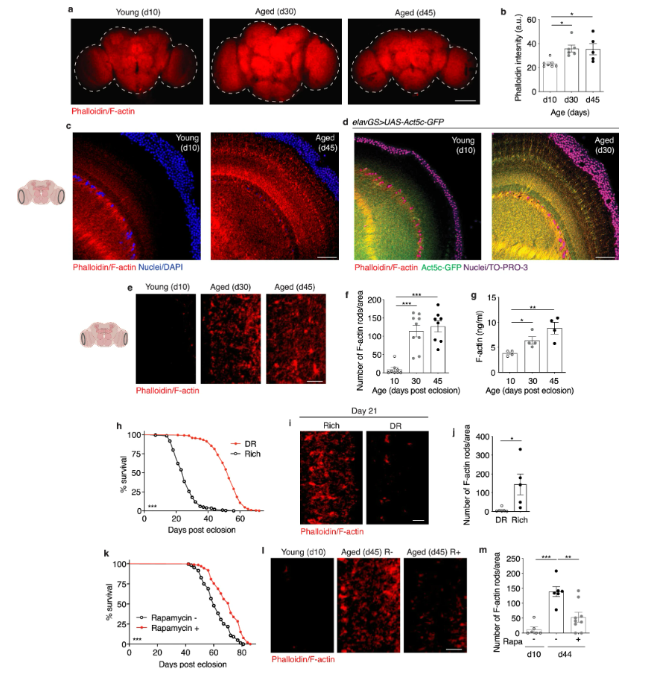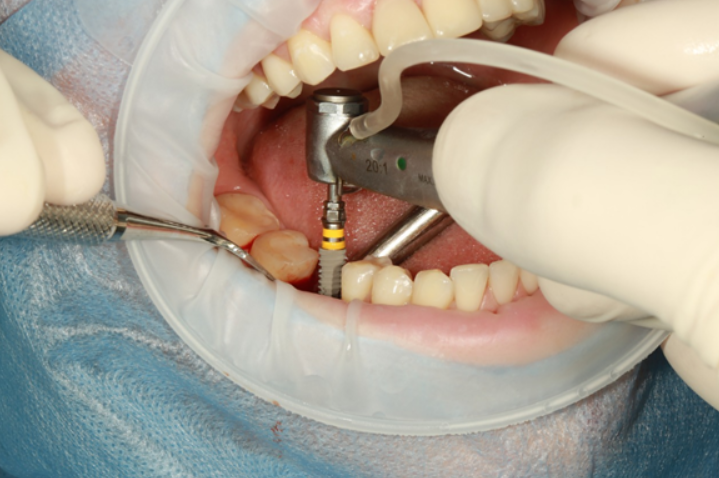Positive effects of gargling with mouthwash on the course of type 2 diabetes
In recent years, mounting evidence has surfaced regarding the intricate connection between oral health and systemic diseases like Alzheimer’s and type 2 diabetes. Addressing this concern, researchers from Osaka University have unveiled a groundbreaking approach to combat bacteria associated with such diseases.
The Study’s Revelations
Published in Scientific Reports, the study delves into the efficacy of antiseptic mouthwash in reducing periodontitis-related bacteria in individuals with type 2 diabetes. Led by Saaya Matayoshi, the research team honed in on three virulent bacterial species implicated in periodontitis: Porphyromonas gingivalis, Treponema denticola, and Tannerella forsythia.
Methodology and Findings
Over the span of a year, the researchers monitored 173 patients, collecting monthly or bimonthly saliva and blood samples. The study employed a sequential approach, where patients initially gargled with water for six months before transitioning to the antiseptic mouthwash for the subsequent six months.
Notably, the results demonstrated a significant reduction in the targeted bacterial species upon the adoption of the mouthwash regimen, underscoring its efficacy in oral microbial control. Moreover, while overall HbA1c levels remained unchanged, individual responses varied, with younger patients exhibiting more pronounced improvements in both bacterial reduction and blood sugar regulation.
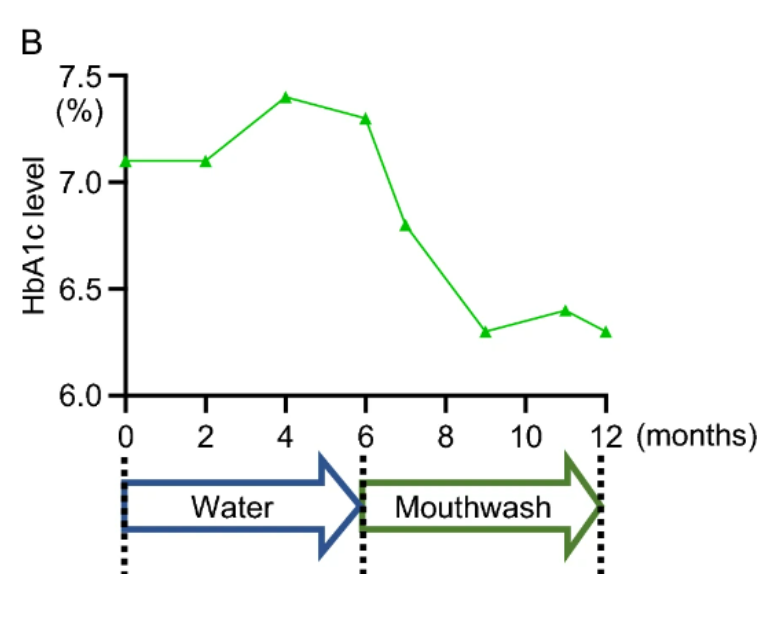
The time course of a remarkably effective case in this study. Chronological changes in the number of major periodontopathic bacterial species and red complex species (a) and hba1c level (b). Time points for analysis were the start of water gargling, the end of water gargling, the start of mouthwash gargling, and the end of mouthwash gargling.
Implications for Public Health
The implications of this study are profound. By elucidating the link between oral health and systemic diseases, particularly in individuals with type 2 diabetes, it opens avenues for targeted interventions. The potential of antiseptic mouthwash as a simple yet effective adjunct therapy holds promise in mitigating the risk of periodontitis-linked conditions, including diabetes, Alzheimer’s disease, cardiovascular ailments, and respiratory tract infections.
Future Directions
Moving forward, further research is warranted to refine patient selection criteria and optimize treatment protocols. Identifying biomarkers indicative of favorable response to antiseptic mouthwash can facilitate personalized medicine approaches, thereby maximizing therapeutic outcomes and improving overall health outcomes.
In conclusion, this study underscores the critical role of oral hygiene in systemic health and underscores the potential of antiseptic mouthwash as a cost-effective intervention for mitigating the risk of periodontitis-associated diseases. With ongoing research and innovation, we are poised to revolutionize preventive care and enhance the well-being of individuals worldwide.
Sources
- Science Daily – Gargling away the ‘bad’ bacteria in type 2 diabetes – February 14, 2024
- Scientific reports – Effects of mouthwash on periodontal pathogens and glycemic control in patients with type 2 diabetes mellitus – February 02. 2024








